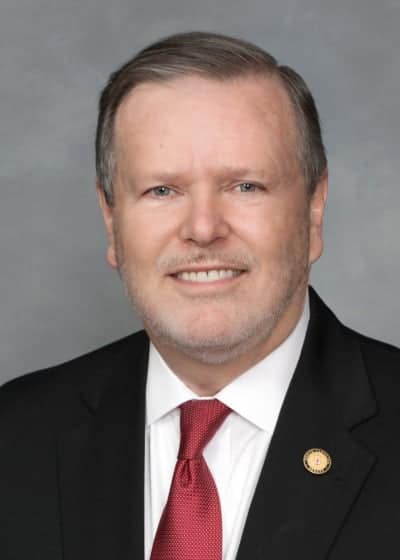

Share this story
- Proposed rule changes to a federal charter school grant program are causing a stir. Learn more about how you can weigh in, either for or against the proposal. #nced
- You may be hearing about new proposed rules to a federal charter school program. But what exactly would the rule change do? Find out what you can do about it here. #nced
|
|
A proposed rule change to the way a federal charter school grant program works has advocates fighting what they say is a threat to the success of charter schools.
The rules would require, among other things, that charter schools get a traditional public school to write a letter proving the intent of the two to collaborate. New charter schools or those expanding would also have to show that they “do not exceed the number of public schools needed to accommodate the demand in the community.”
What is this grant program, what exactly is being proposed, and what can you do about it?
Expanding Opportunities Through Quality Charter School Programs (CSP) Grants to State Entities
Never one to avoid a good acronym, the U.S. Department of Education has the Expanding Opportunities Through Quality Charter Schools Programs Grants to State Entities — or CSP for short.
According to the Department of Education, “The CSP grants to State Entities (CFDA number 84.282A) is a competitive grant program that enables State entities to award subgrants to eligible applicants in their State to open and prepare for the operation of new charter schools and to replicate and expand high-quality charter schools.”
Application information can be found here.
The website for the program says its purpose is to help “traditionally underserved students” to go to charter schools “and meet challenging State academic standards.” It also says it aims to increase the number of “high-quality charter schools.”
What is actually being proposed?
You can find the proposed rule changes in their entirety here, but there are a few specific portions that are getting charter advocates upset.
One of those hearkens back to what was once considered a motivating reason to launch charter schools, collaboration with traditional public schools: “Under the proposed priority, an applicant must propose to collaborate with at least one traditional public school or traditional school district in an activity that would be beneficial to all partners in the collaboration and lead to increased educational opportunities and improved student outcomes.”
And then there is this:
“In its application, an applicant must provide a letter from each partnering traditional public school or school district demonstrating a commitment to participate in the proposed charter-traditional collaboration.”
Another proposed rule would require applications to provide “a community impact analysis that demonstrates that there is sufficient demand for the proposed project and that the proposed project would serve the interests and meet the needs of students and families in the community or communities from which students are, or will be, drawn to attend the charter school.”
“That requirement would flip the public school choice paradigm on its head,” said Lindalyn Kakadelis, executive director of the N.C. Coalition for Charter Schools, in The News & Observer. “Parents in the community, not bureaucrats in Washington, should determine ‘demand’ for a particular school in their neighborhood. They, not district administrators, know what’s best for their children.”
The North Carolina Superintendent of Public Instruction has also weighed in. She said on Twitter that the proposed rule will exacerbate tensions.
The rules have their proponents as well.
In an email last week, Public Schools First North Carolina called the proposals “common-sense measures to increase transparency, reduce resegregation, and ensure that tax dollars are spent on educating students instead of enriching charter school operators.”
Matt Ellinwood, director of the Education & Law Project at the North Carolina Justice Center, said he was surprised at how heated things were getting on this topic, especially since it relates to a voluntary grant program and not charter regulations more broadly.
“Some people seem to be acting as if these are bars to opening charter schools,” he said.
He said that ensuring collaboration between charters applying to the program and traditional public schools is a good idea. And he said a community impact analysis just “seems like good planning.”
What can you do about it?
It’s currently the public comment portion of the process that takes place whenever rules like these are proposed. Originally, that was supposed to end tomorrow, but the deadline has been pushed to April 18.
If you want to submit a comment, below is an official spot where anybody can do so, either for or against the proposal.





